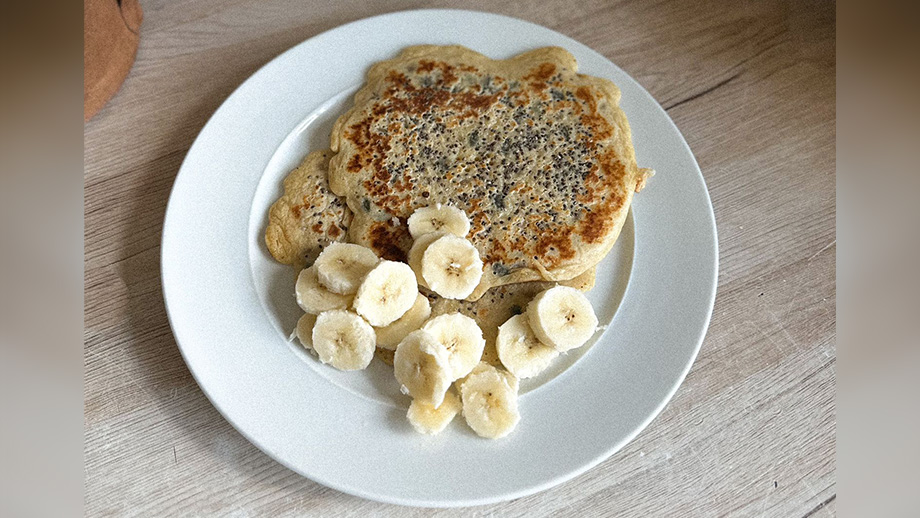With the hormonal and metabolic challenges of PCOS, some women may find it extra difficult to manage their symptoms during Ramadan. Today, we’ll go over some simple things you can do for your PCOS during this holy and spiritual time.
What Is Ramadan?
Ramadan is a holy and spiritual month that Muslims follow every year. It is believed to be the holiest month of the year and a time to connect and deepen your relationship with God and improve discipline.
Ramadan involves fasting from sunrise to sunset. However, with chronic conditions, it can feel almost impossible to reap the rewards of it. This is why it is so important to consider things that we can do to ensure we still reap the benefits, whilst also promoting our hormonal health.
How to Manage PCOS Supplements During Ramadan
It can feel confusing attempting to figure out when to take supplements, particularly when your eating habits are drastically different.
Generally, the advice would be to take your supplements as you normally would. For example, Balance is taken in the mornings. So you would take it at Suhoor / Sehri in this case. In cases of using inositol, you may want to take your second dose of the day upon breaking your fast.
Here are some other healthy tips for navigating PCOS during Ramadan:
Get Enough Sleep
Fatigue can be very common when fasting, so it is important to get enough sleep. Prioritize how much sleep you get – whether this entails taking power naps during the day or ensuring that you plan your sleep window to maximize its impact. It’s important to remember that sleep affects our hormones!
Find Time to Exercise
Exercise is a huge factor for a lot of people, but it can be hard to find the right time to exercise. Here are a few options:
If possible, before fajr / Suhoor. Training while fasting isn’t always the best for some women with PCOS. Training before Suhoor is a great way to fuel your body before your workout and replenish it afterward.
After Iftaar is another good option as you’ll have broken your fast and can fuel your body. After Isha / Taraweeh are great options too.
Keep Hydrated
Another important key factor during Ramadan is hydration. We are only able to drink for a few hours a day, so ensuring those few hours count is so important. Look at things like Celtic sea salt, coconut water, or electrolytes to ensure your body absorbs the liquids! This helps you remain hydrated throughout the day and avoid things like headaches and extreme fatigue.
Focus on Nutrition When Breaking Your Fast
In terms of nutrition, it is important to look at the foods we eat when opening and breaking our fasts. Prioritize foods high in protein and fiber to fuel your body. Getting enough of the right nutrition can help you manage your PCOS during Ramadan.
A typical fast may look like this:
Suhoor:
- One to three dates to start.
- Carbs, protein, fats, and fiber.
- A protein shake with eggs and bread.
- Overnight oats/chia seed pudding.
Iftaar:
- One to three dates to start.
- Soup is a good opener to get in some of the nutrients we missed out on in the day. Veggie soups are easy to meal prep and can feel comforting when breaking your fasts.
- Ideally, your first meal should be high in protein and fiber with complex carbs. These will help your body adjust.
- Fried foods like samosas or pakoras are okay in moderation! Look at having them after your initial meal.
- Dates are not only sunnah but high in fiber and antioxidants and can help with blood sugar regulation. This can be beneficial for your PCOS during Ramadan.
How Does Ramadan Fasting Impact PCOS?
You may be wondering if fasting during Ramadan might be beneficial for your PCOS. One study examined the effect of time-restricted eating on insulin levels and insulin sensitivity in women with PCOS. Insulin resistance is a major factor that contributes to PCOS symptoms.
The study concluded, “Ramadan fasting exerted no benefit on parameters of glucose homeostasis but had modest benefits on markers of inflammation and cardiovascular health.”
However, it did cite some small studies among other patient groups that showed Ramadan fasting resulted in modest improvements in blood sugar, hormonal markers of stress (cortisol and noradrenaline levels), inflammation, and cardiovascular health.
The study also discussed that adapting to the new dietary changes may result in increased irritability, hunger, and reduced concentration, which may last one month.
This may be a reason that Ramadan fasting had a smaller impact on women with PCOS. It may take more than a month for “time-restricted eating intervention to have a significant effect on insulin levels.”
Ultimately, there are not enough studies on the effects of Ramadan fasting on PCOS to conclude whether it is beneficial or not.
However, you can still find ways to manage your PCOS during this time and feel healthy and strong, spiritually and physically.
For more on PCOS and Ramadan, follow @saarlifts and @handbvitamins on all social accounts.










